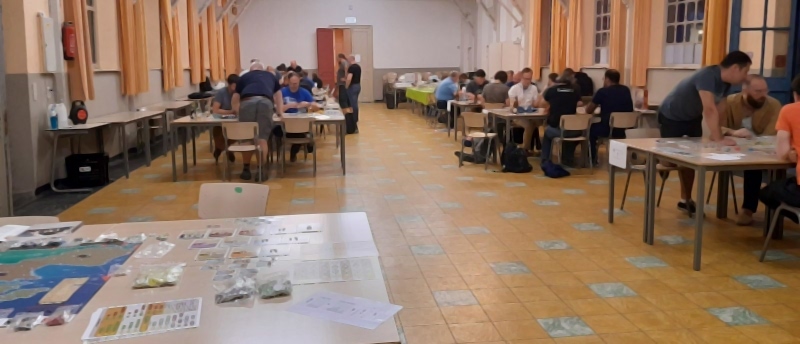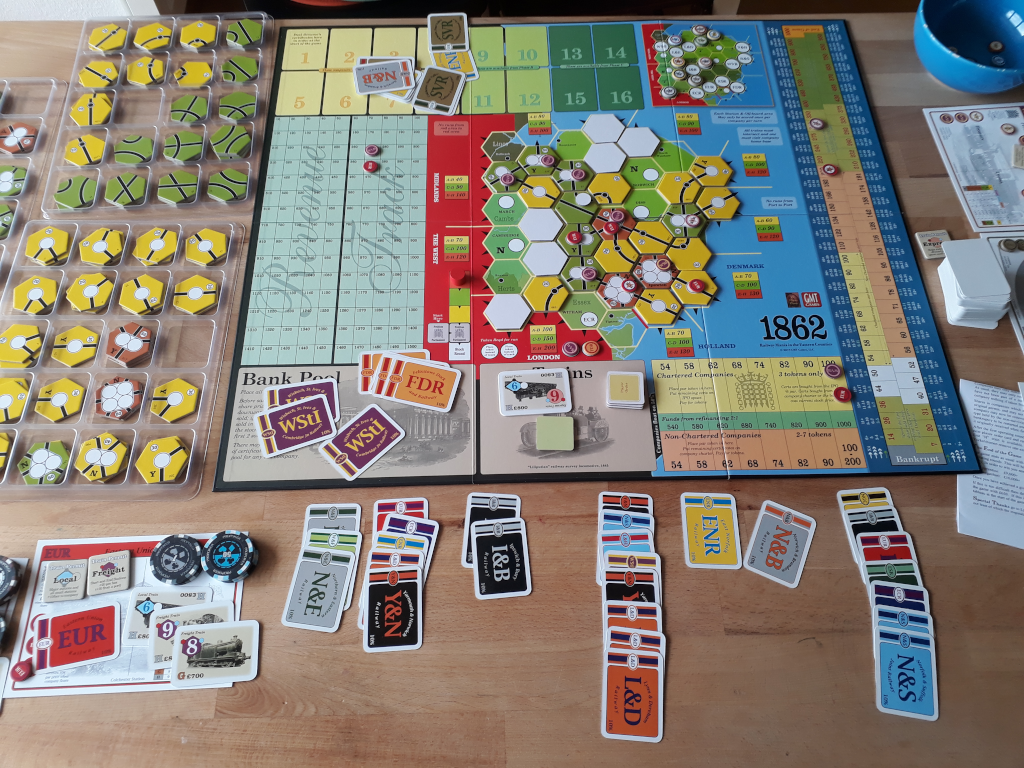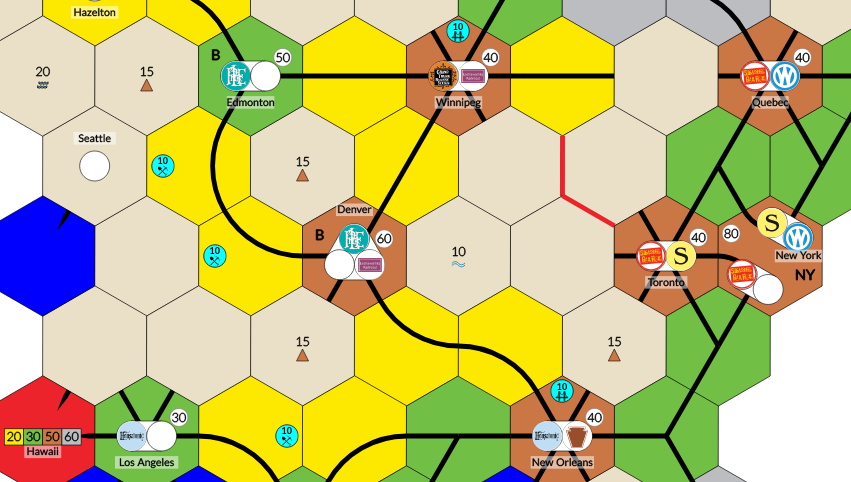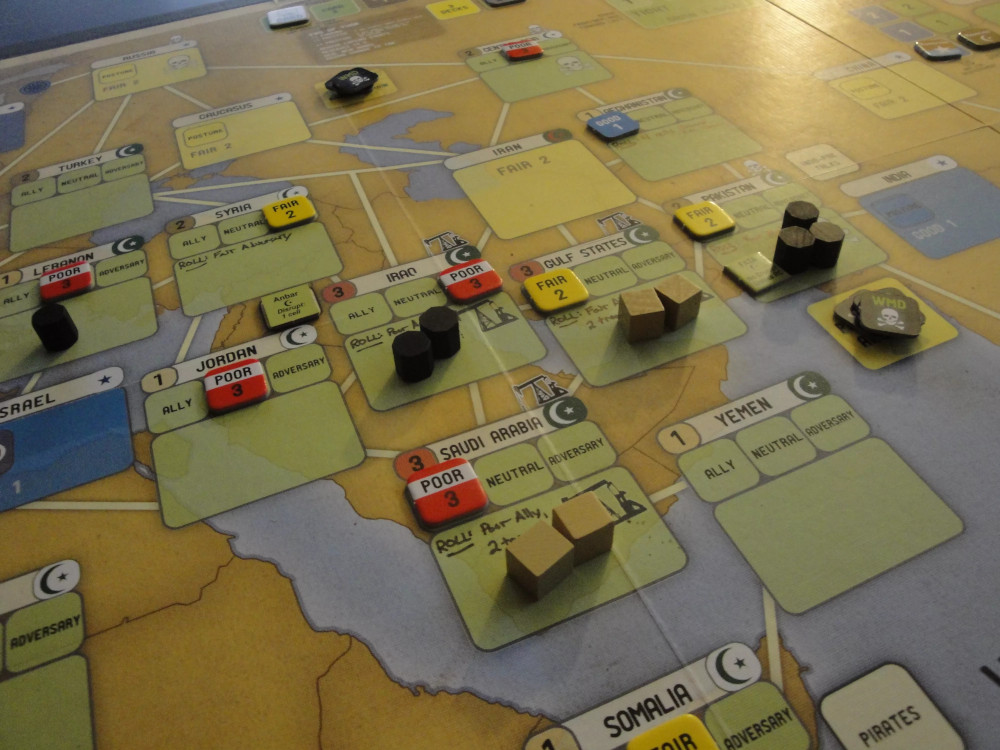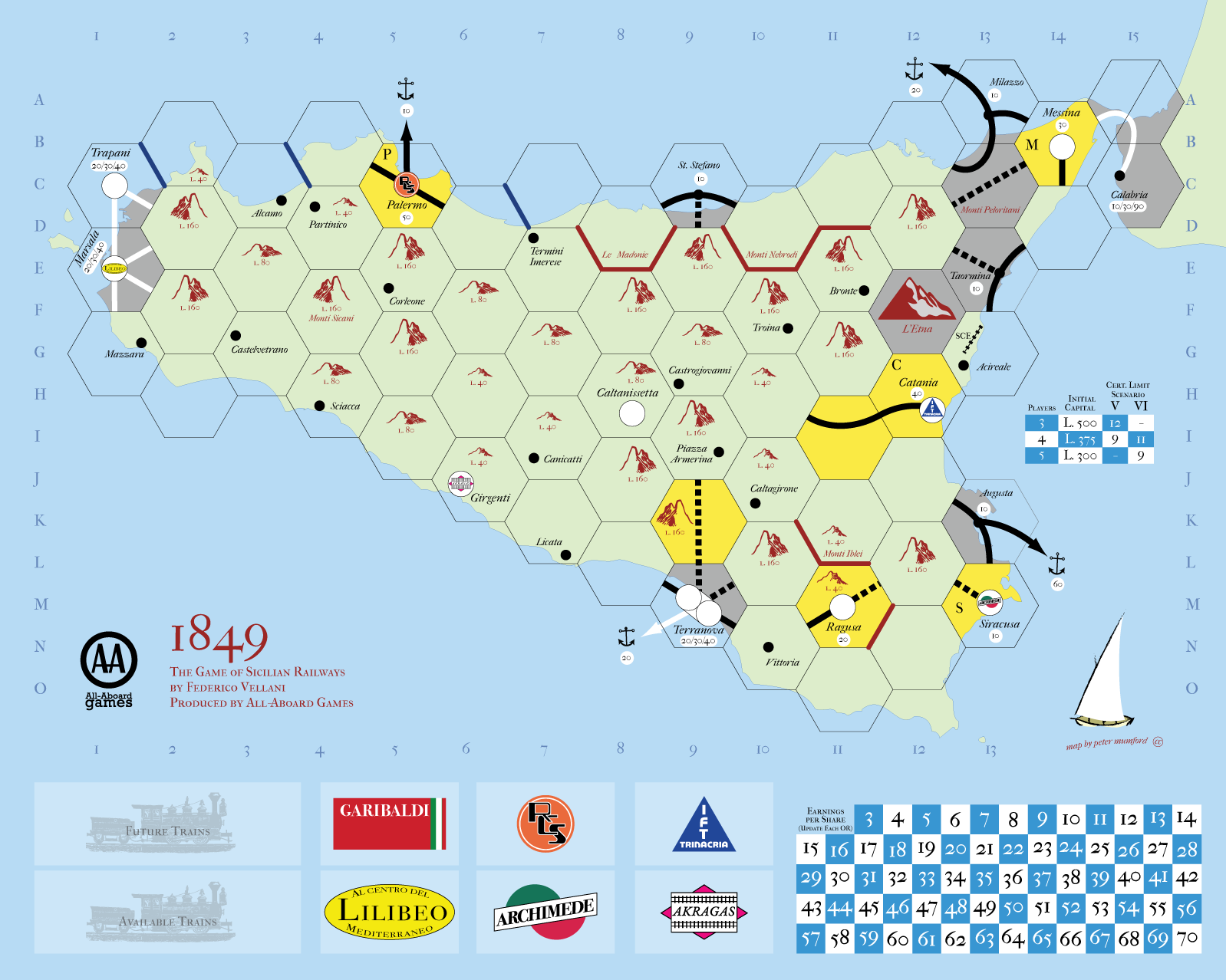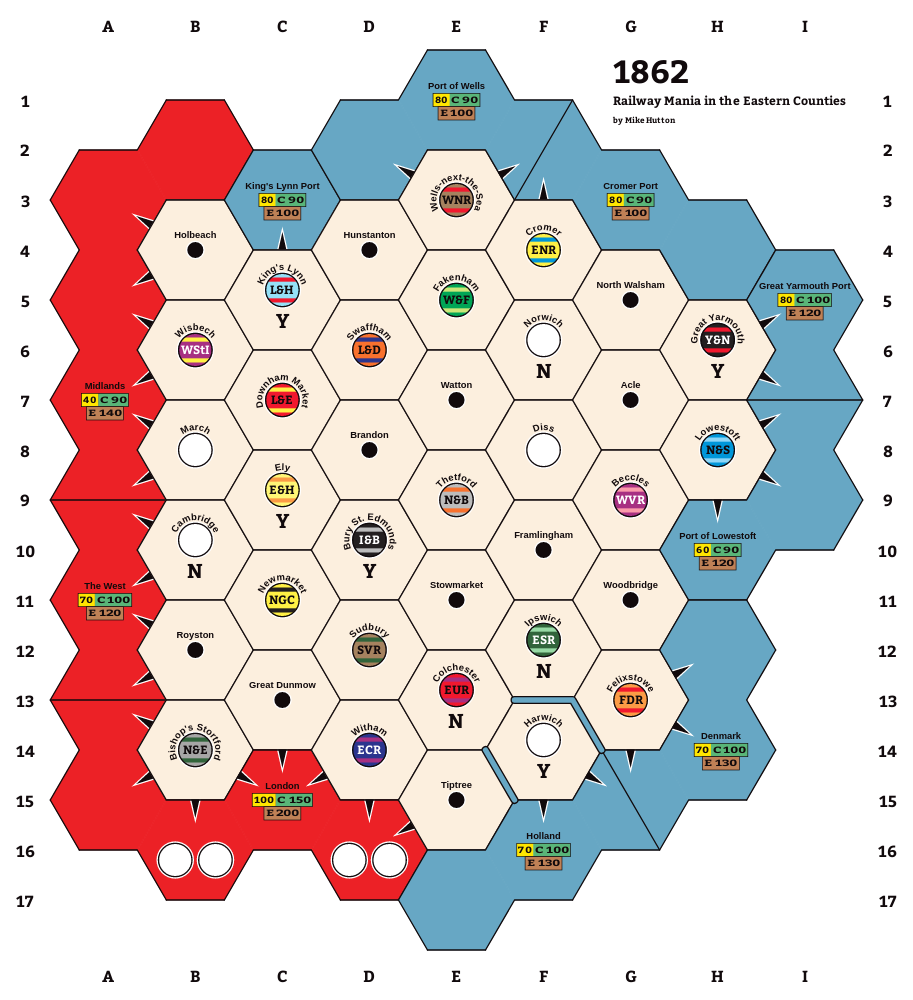TLDR: In most cases, yes, you should rather pay off the mortgage.
Cubes of sweet potatoes and plump pink shrimp - both coated in spicy ginger-spiked coconut milk - share a sheet pan in this easy, deeply flavored one-pan meal. The sweet potato is added to the pan first, and roasted until just tender. Then, shrimp is scattered on top, and the whole pan is run under the broiler. The brief,intense heat allows the shrimp to cook through but stay succulent and the coconut milk-bathed sweet potatoes to caramelize at their edges. Scallions, cilantro and lime juice add a jolt of brightness right at the end.
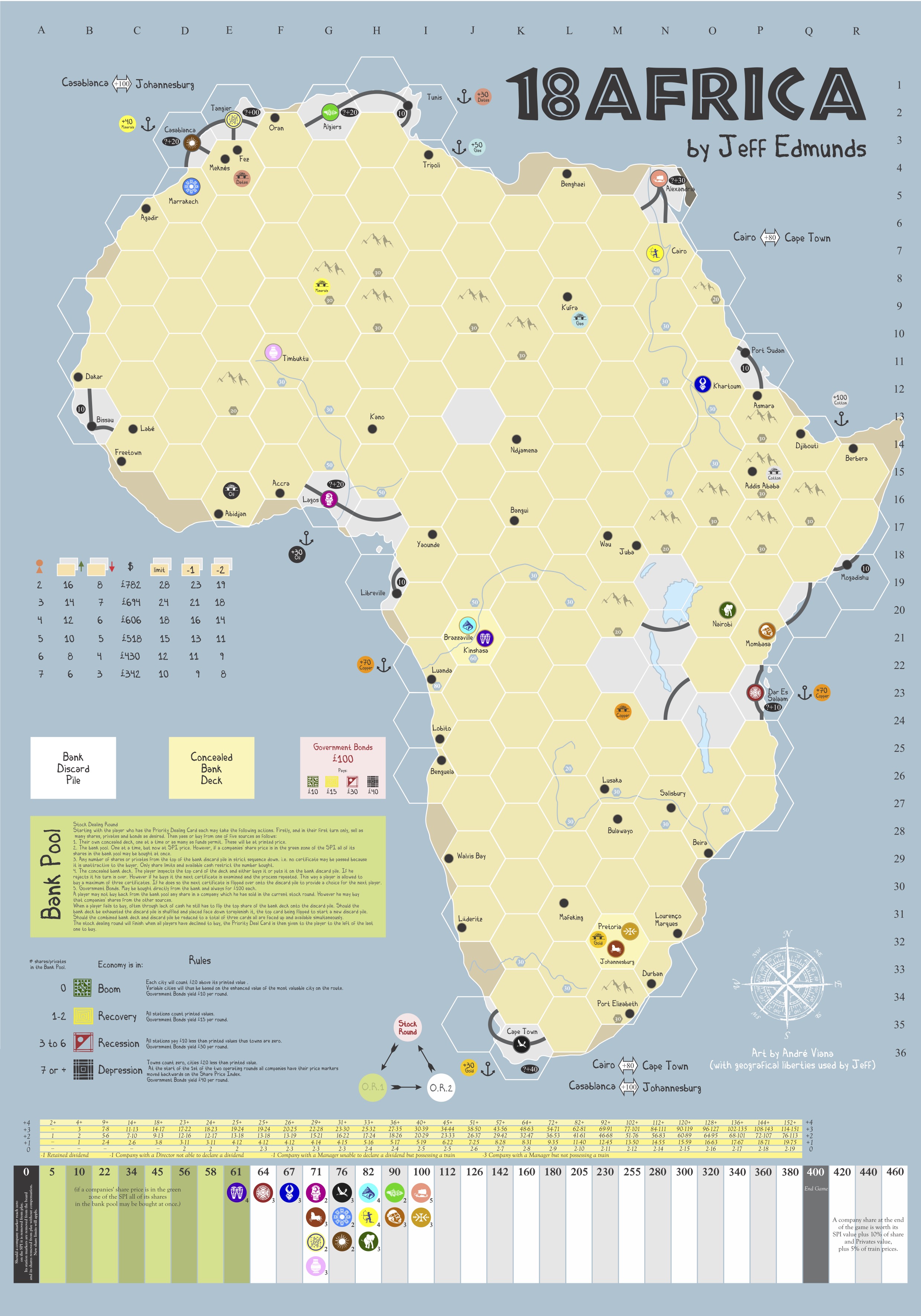
With the release of 18India a group of us took a weekend off to play a few games as well as a few games of 18Africa on which 18India is based. Both games are great and feature quite a few differences to regular 18xx including non-rusting trains, unlimited ownership, a hidden hand of shares, fixed capitalization and funky trains. This article summarizes gameplay and a couple of strategy notes.
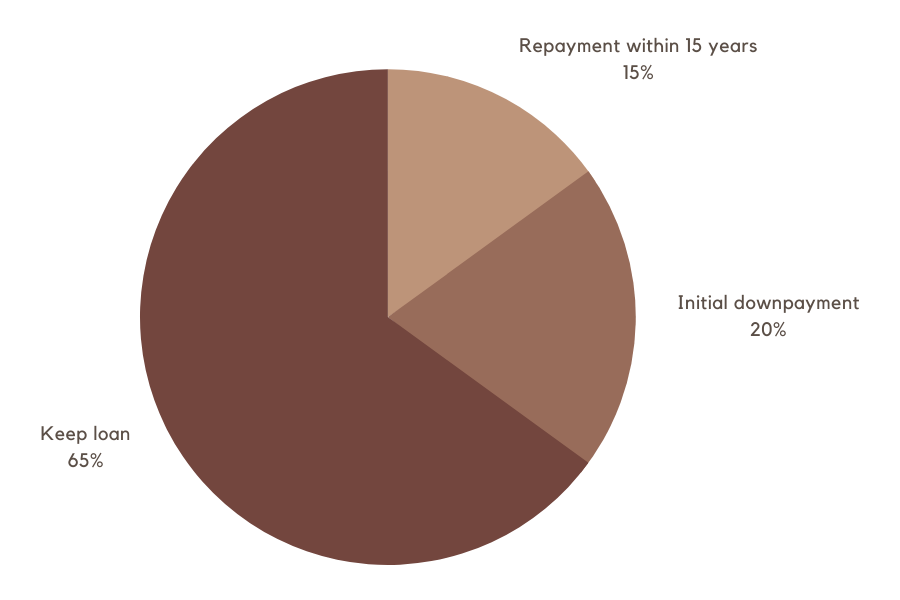
Buying a house anywhere is a complicated process and Switzerland is no exception. The tax laws however are a little different to what one might be used to elsewhere. The most important legal/cultural difference is that one can potentially keep 65% of their initial mortgage forever, i.e. there is no legal requirement to pay off the mortgage. This is actually a simple reflection of the fact that given the cost of housing relative to income, for most people it is almost impossible to actually pay off the mortgage in a realistic amount of time :). Moreover, the tax laws are framed as such that it can potentially make more sense to keep the mortage, invest the money in higher returns and at the same time use the interest payments to offset income tax!
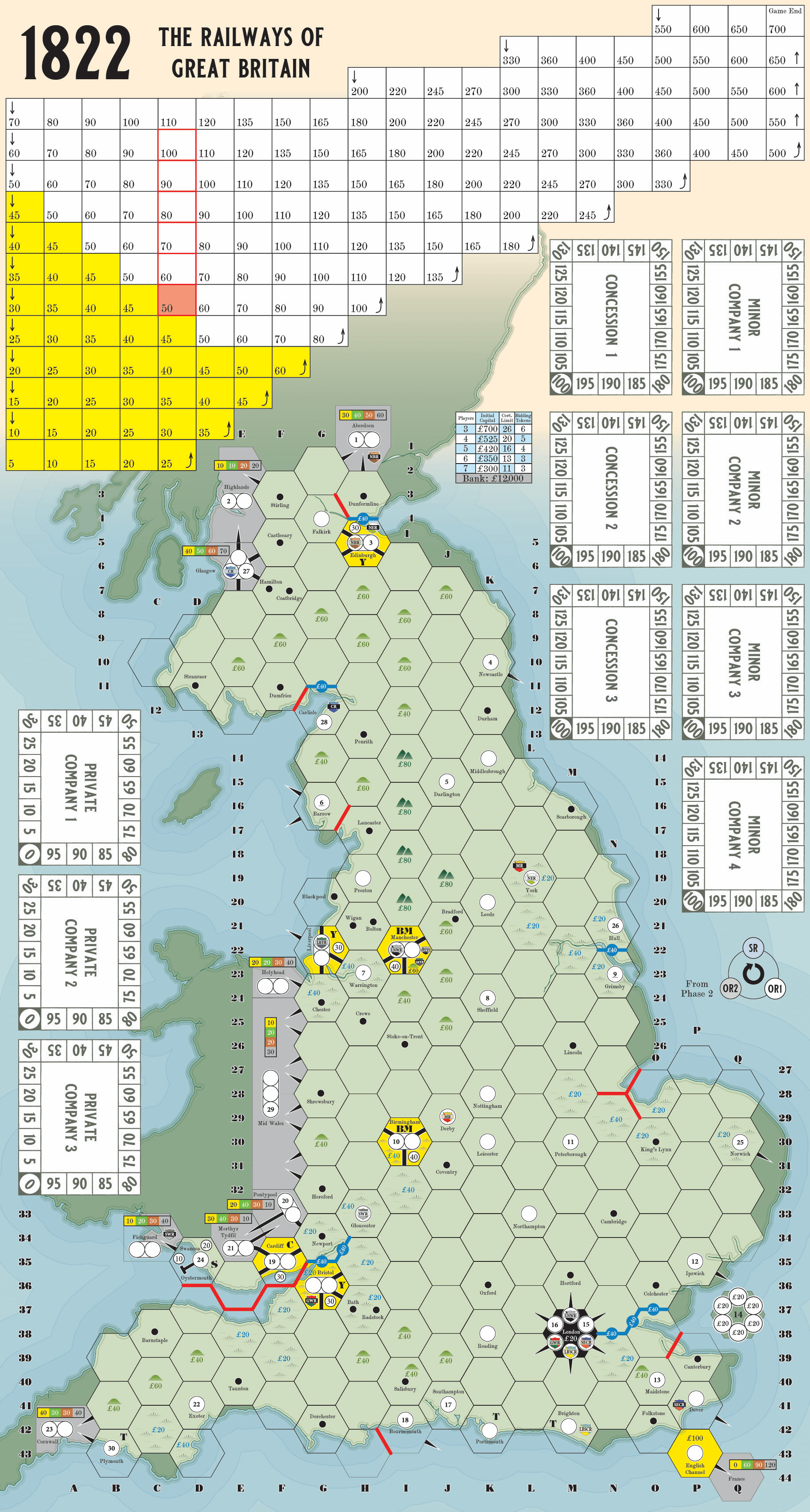
1822, the base game takes place on a map of Great Britain and it being a very popular title, has given rise to numerous variants, most of which switch some of the privates and/or the underlying map around. The defining feature of note in this game is that almost everything is up for bidding, from the private companies to the minor companies as well as the options to start the major companies (concessions). Another defining feature is a big map with a lot of randomized starting configurations which provides for a lot of replayability and is thus a very popular game!
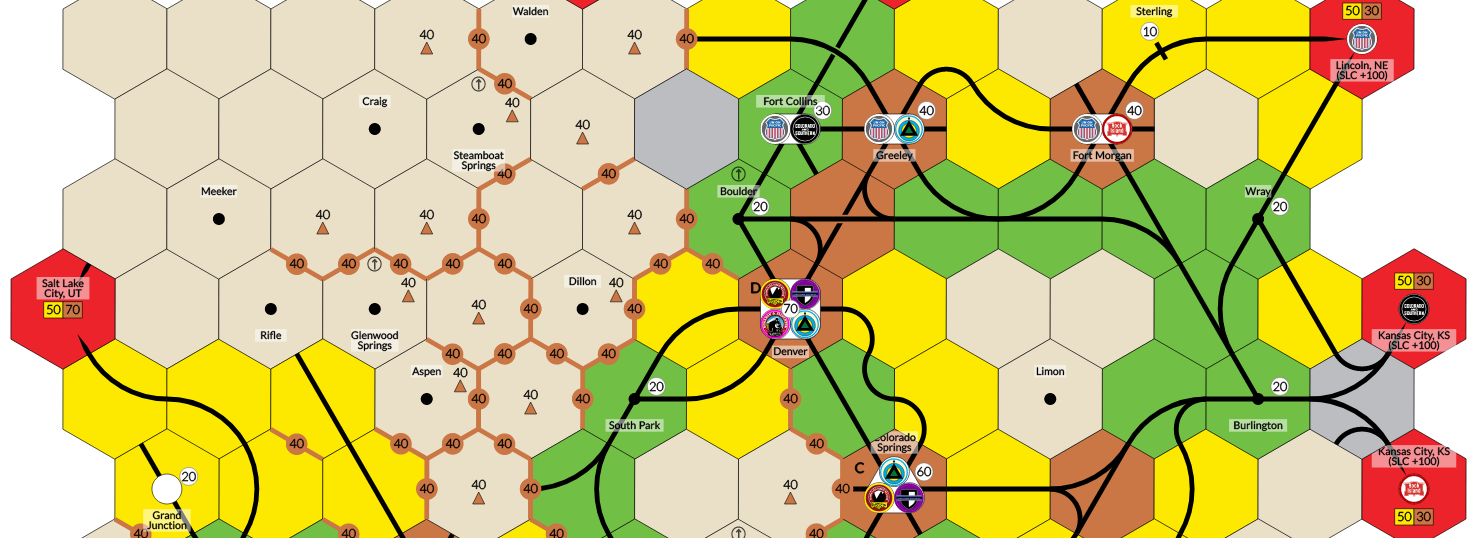
18CO takes place in Colorado when there was a massive expansion of railways trying to head west through the mountains and the board reflects that. Most companies start in the east with the goal of heading to Salt Lake city in the West for a tasty $100 east-west bonus. 18CO is a very well designed game and features lots of shenanigans. Moreover, the game is also fairly imbalanced in certain aspects and requires a few plays to fully grasp the various strategies that can lead to either fiscal boom or ruin. In this article, we will go over some of the basic rules and thereafter look at some strategies and their counters. Note that while this article is intended for those that have some experience with 18xx titles under their belt, players new to the genre might also benefit from some general advice.
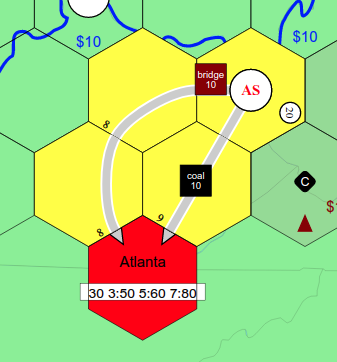
This is a follow on to the previous article about 1817, a strategic economic engine board-game set in the eastern United States featuring track building to accrue money. In this article we will look at the movement of money from a players hands into the company and from the company back to the player.
